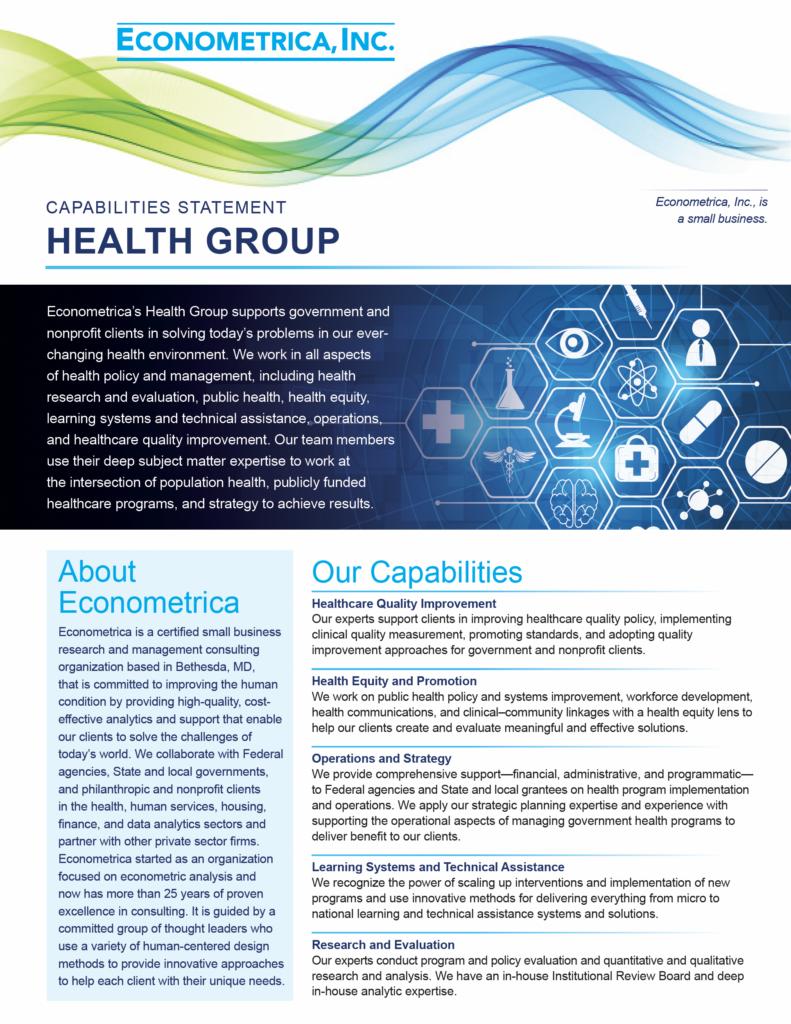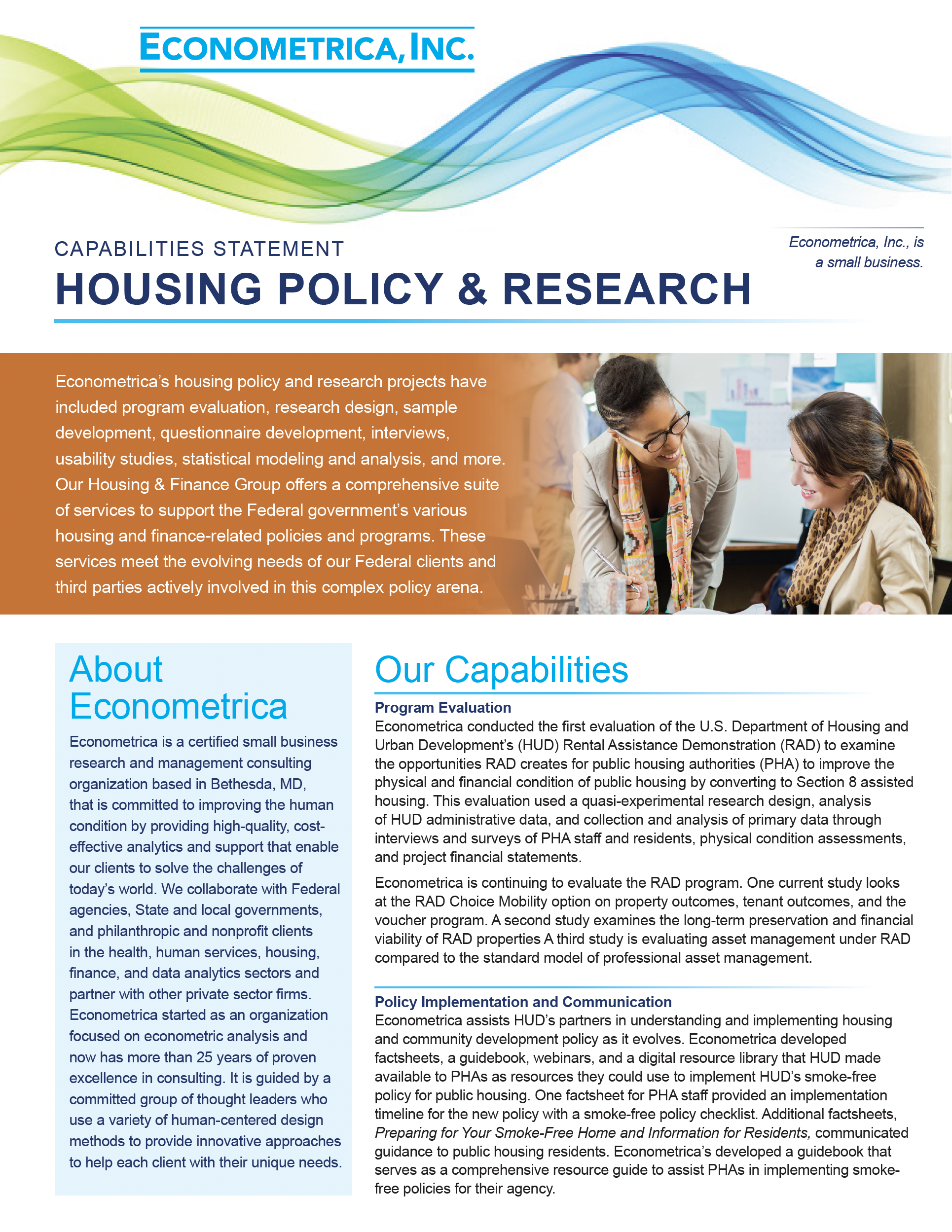Study Finds Landlords Are More Hesitant to Participate in ERA Programs
Emergency Rental Assistance (ERA) programs face a lack of participation by landlords and tenants, according to a new study from the National Low Income Housing Coalition, The Housing Initiative at Penn, and NYU Furman Center, with greater refusal and unresponsiveness from landlords than from tenants.
The team conducted the survey of 247 ERA program administrators between September 9 and September 15. Findings from the survey included:
- Tenant rarely refused to participate in ERA programs. Most (49 percent) ERA programs have never experienced tenants refusing to participate in ERA programs and 90 percent of programs never, very rarely, or rarely experience tenants refusing to participate
- Program administrators indicated they experience greater refusal and unresponsiveness from landlords than from tenants.
- Reasons program administrators give for tenants not participating include challenges with tenant engagement and the application process.
- Reasons program administrators give for landlords refusing or not responding include landlords not wanting to share their W-9s and wanting to retain the ability to evict tenants for other reasons.










